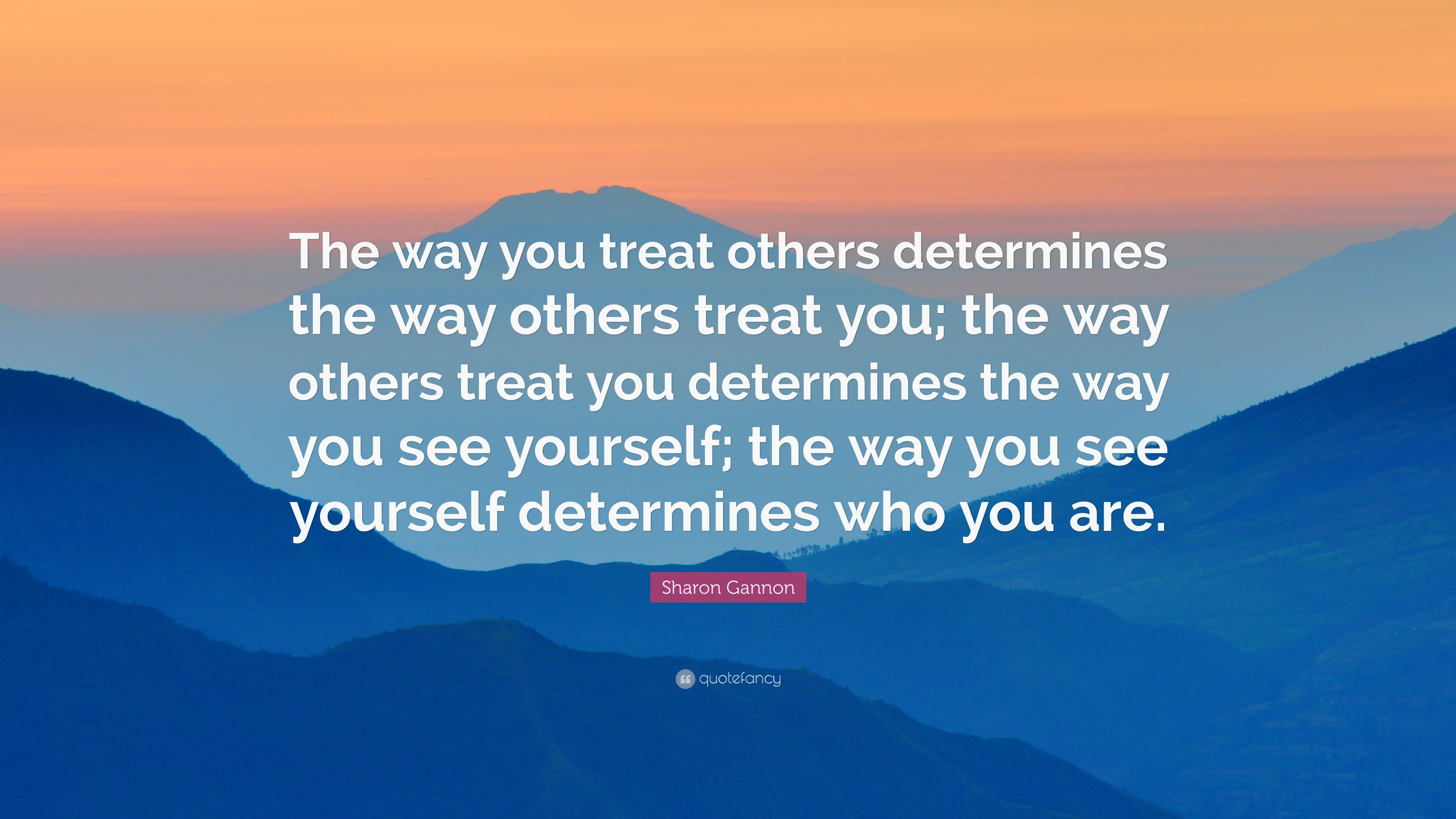The Complex Psychological Relationship Between How We Treat Others and How We See Ourselves
Inner Criticism and Outer Judgement
While it’s easy to assume that how someone treats others reflects their own inner feelings, human psychology is far more nuanced. Some overly critical people are deeply insecure, projecting their self-criticism outward. However, others may judge harshly due to social pressures or lack of empathy rather than low self-esteem. Furthermore, intensely negative self-talk does not always translate to putting others down; the relationship between internal and external evaluation is complexly influenced by circumstances.

Tribal Instincts Shape Social Behavior
Our ancestors lived in small tribes where socially damaging others could advance one’s own status. Some residue of this remains in competitive impulses to undermine peers when feeling inferior. However, true confidence requires no such posturing. The most psychologically balanced accept both strengths and flaws without feeling threatened by others’ qualities. While inner turmoil may compel some defensive behaviors, context matters greatly in determining specific expressions and triggers.
Multiple Pathways to the Same Behavior
A single action tells us little about underlying motivations, as many factors could account for it. Nastiness toward others when depressed, for instance, differs depending on one’s coping mechanisms and support systems. With compassion, previously hurtful behaviors may disappear while self-critical thoughts persist unchanged. Psychology operates through webs of influence rather than direct causality. To understand others, we must consider all influencers and how their effects may vary situation to situation.
Projection Is Only One Possibility
It’s true we sometimes project inner states onto others through traits we perceive in their words. However, spontaneous trait inference is a cognitive bias, not proof of the attributed qualities. Many exhibit harsh social judgment despite secure self-esteem, guided more by ignorance than insecurity. Meanwhile, apparent self-loathing does not guarantee externalized criticism, as inner and outer worlds interact via diverse pathways. Overall, oversimplified conclusions misrepresent psychology’s complexity.
Questioning Our Assumptions
When evaluating others, pausing to consider alternate explanations counteracts prejudgment. What appears as personality may stem more from context, relationships, or transient emotions. Conversely, behaviors like gossip require exploring a multitude of potential drivers rather than hypothesizing suffering or spite alone as cause. Individual complexity defies reductive labels and one-size-fits-all logic. With open and empathetic perspective, we can better understand each other.
Building Understanding Through Awareness
Rather than accusations, developing self-awareness and recognizing psychology’s multidimensionality fosters connection. No one is completely defined by a single trait or action; our inner and outer selves evolve through dynamic interplay seldom obvious even to ourselves. By acknowledging life’s richness of influences and our shared capacity for both good and harm, we can move past superficial judgments toward compassionate insight into shared experiences beneath superficial differences. Wisdom lies not in pat explanations but in nuanced understanding of humanity’s complexity.
